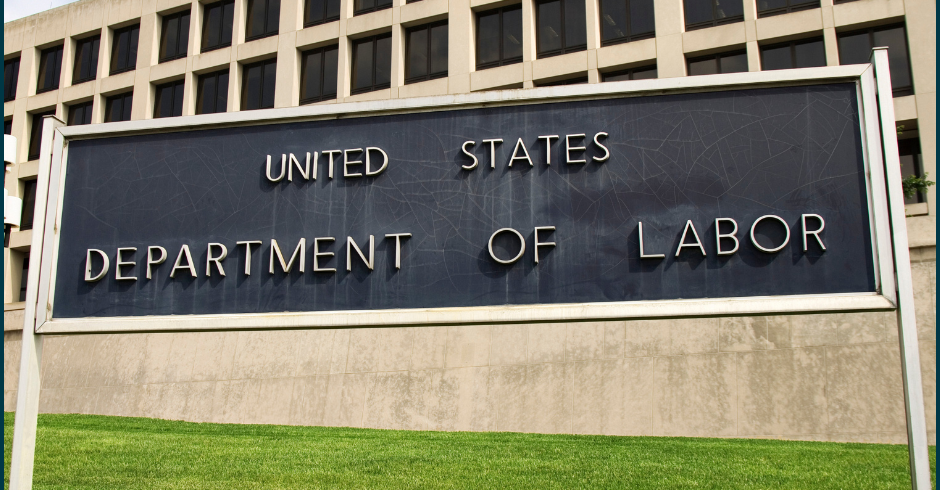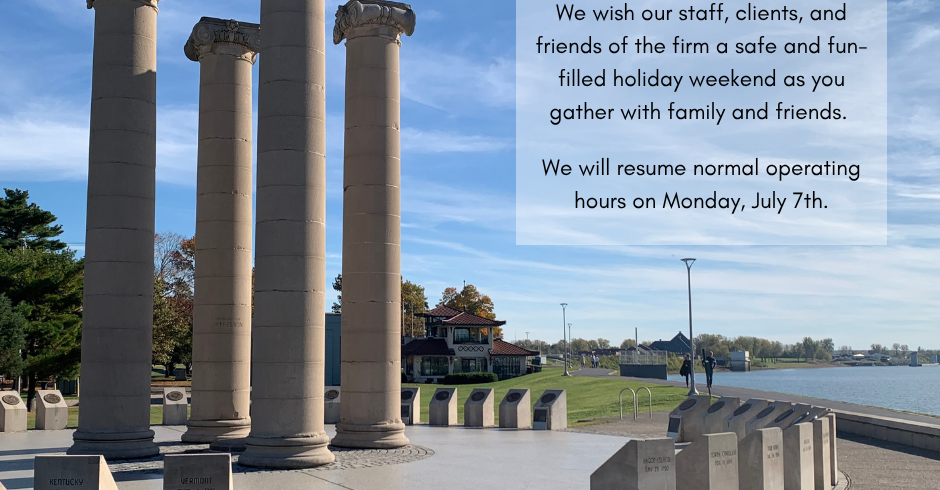
In the state of Indiana, employees may be limited to the Worker’s Compensation Act as their sole remedy; however, a determination that an individual is an independent contractor would permit a claim for damages to be awarded from the party for whom the contractor is performing work. In December 2021, the Indiana Court of Appeals ruled in favor of a construction worker (“Mr. Palmer”) in a personal injury case, Palmer v. Ake. Mr. Palmer relied upon his status as an independent contractor to claim damages, and that case provided clarity to the factors considered in determining employee versus independent contractor status.
These factors, as provided by the Supreme Court of Indiana in Moberly v. Day, outlined the court’s analysis, but did not state, with particularity, what weights should be assigned to each factor. In the Palmer v. Ake case, the court maintained a neutral stance as to the control of Mr. Palmer’s day-to-day work operations but found in Mr. Palmer’s favor regarding his particular occupation, specific skill, tool source, work location, and work duration. Like in Moberly, the factors were not quantified, but the Court of Appeals in Palmer suggested that the method of payment was a strong overarching factor in favor of Mr. Palmer’s claim that he was an independent contractor, and thus not subject to the limitations under Indiana Workers’ Compensation laws.
This “method of payment” factor, more particularly citing the lack of tax withholding and the lack of even soliciting Palmer’s social security information for tax withholding purposes, being a key factor in the Palmer case, enhances the predictability of similar claims. While the case of a worker being classified as an employee or independent contractor is fact-specific and relies on various factors, parties need to properly define their relationship in order that each has a clear understanding of their responsibilities to each other, as well as their respective obligations as to compensation and withholding, workers’ compensation and general liability laws, benefits and applicable employment laws. For additional information on this or any related topic, please contact attorney Nicholas Geelhood or any of the KDDK labor and employment law professionals.






